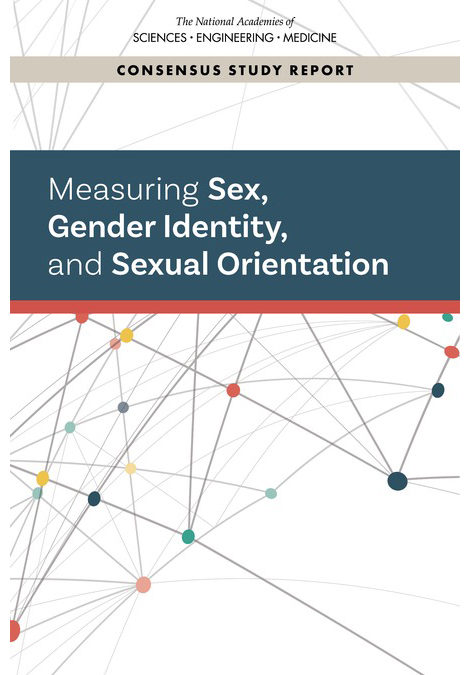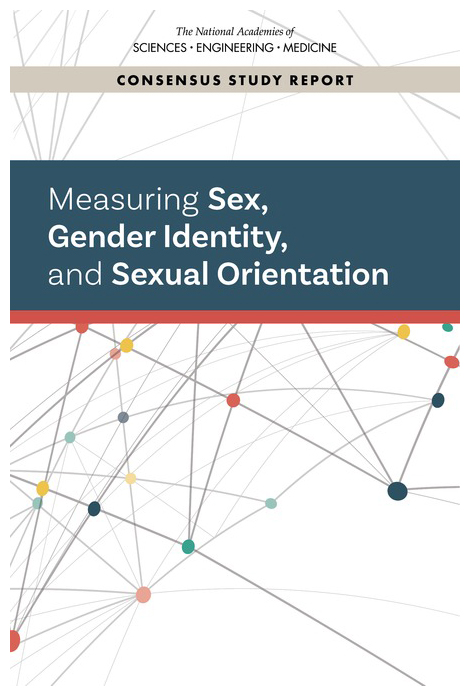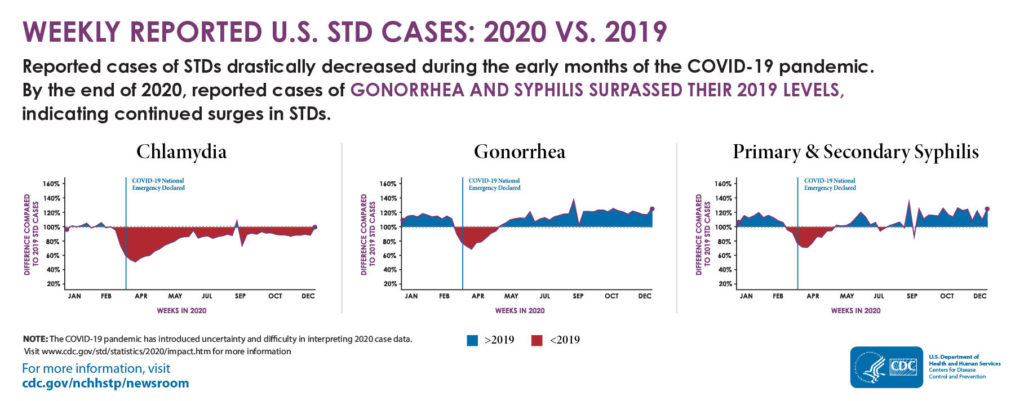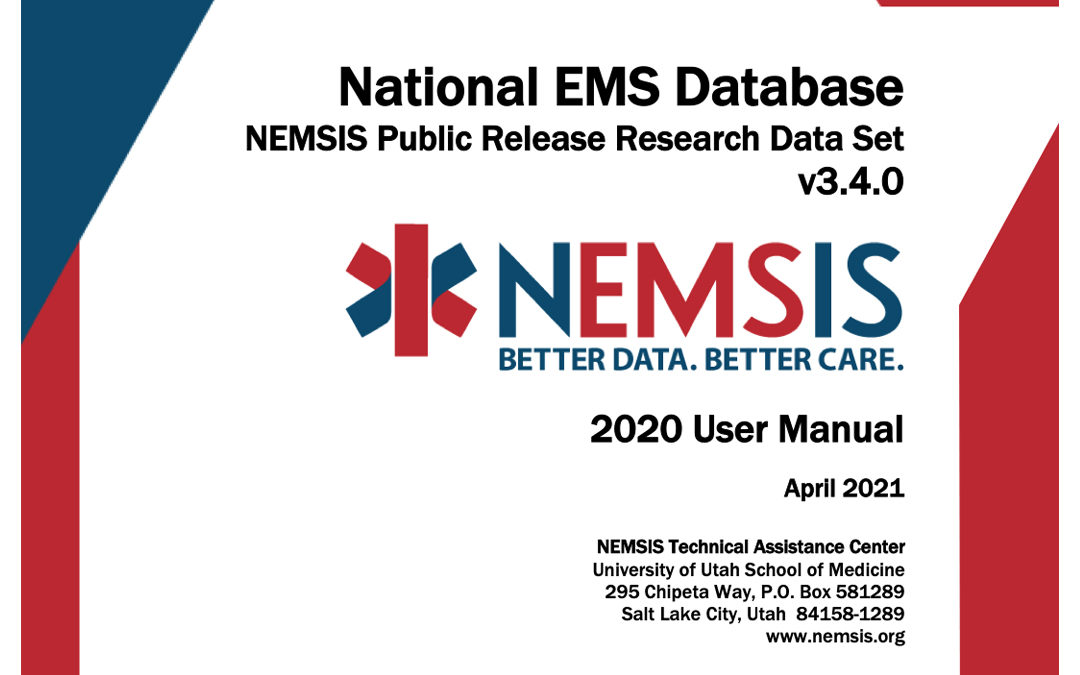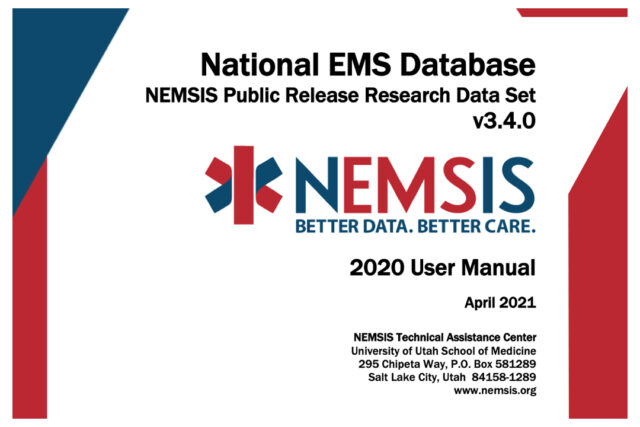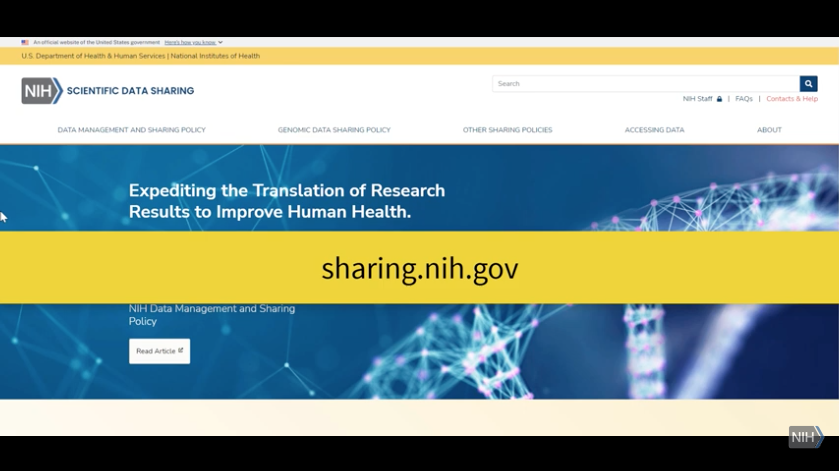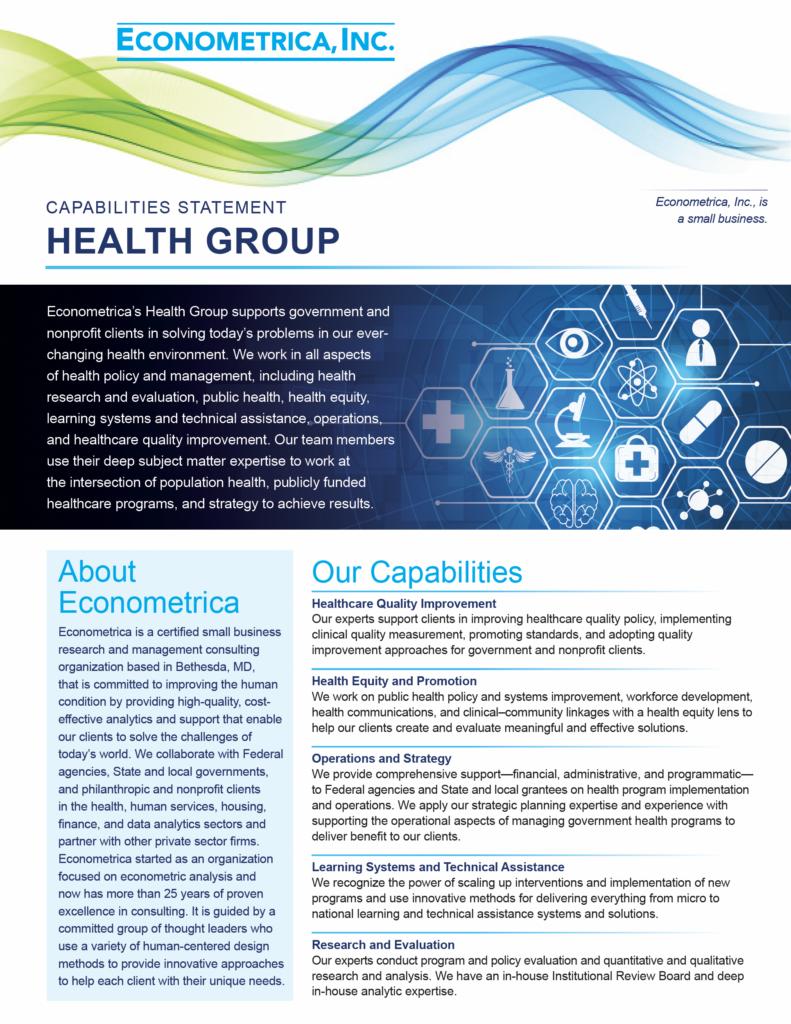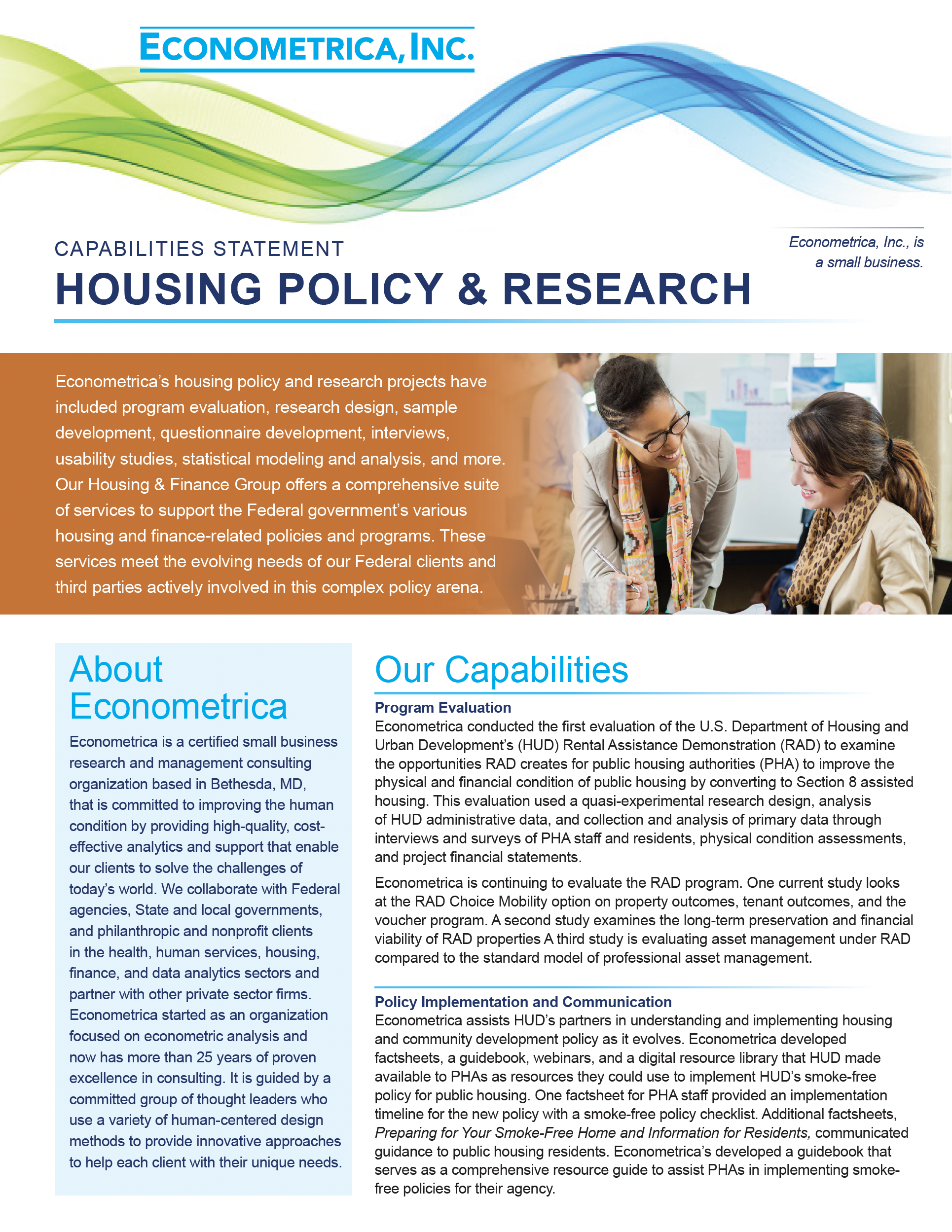
Biden Administration Housing Supply Action Plan Addresses Rising Housing Costs

The current skyrocketing housing costs in the United States are contributing to the skyrocketing inflation, which the Biden Administration has indicated is the highest economic priority at this time. While rising home prices were exacerbated by supply chain and labor shortages caused by the pandemic, the issue actually started after the housing market crash in 2008 when new home construction projects dropped significantly. Today’s prices are due to a significant shortage in available housing, and the Housing Supply Action Plan recently announced by the Biden Administration aims to help relieve Americans of the burden of rising costs.
The Housing Supply Action Plan includes concrete steps toward reducing the barriers to make affordable housing available. Each of the overall strategies listed below are further detailed in the full press release from the White House, including immediate steps that will be taken by the Biden Administration as well as steps Congress is called on to push forward. Many of these strategies have bipartisan support and address issues prevalent in urban, suburban, rural, and Tribal areas.
- Reduce regulatory barriers to housing production, such as zoning and land use policies, that artificially limit economic growth.
- Make low-cost financing available for developers of new construction and rehabilitation of affordable housing units.
- Encourage single-family owner-occupant purchases of homes and limit home purchases by large investors.
- Mitigate rising material costs and labor supply shortages.
The Administration aims to stabilize housing costs within the next five years with the Housing Supply Action Plan. In the short term, the goal for 2022 is to complete construction of the most new homes of any year since 2006.
Work With Us, Work for Us
Econometrica specializes in research and management across numerous industries in both the public and private sectors. We are always looking to hire the best and brightest in data science, health, grants management, energy, homeland security, housing and community development, capital markets and finance, and transportation. We work as the lead service provider, and also as a capable outsource partner to other consultancies. To work with us on your next project, visit us online and email a member of our executive staff in your preferred specialty. To explore the benefits of working for us, visit our careers page.

